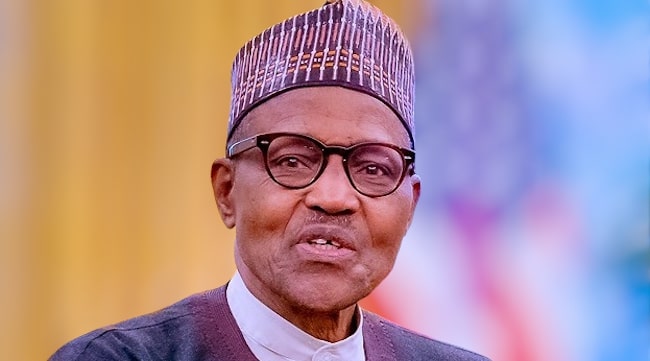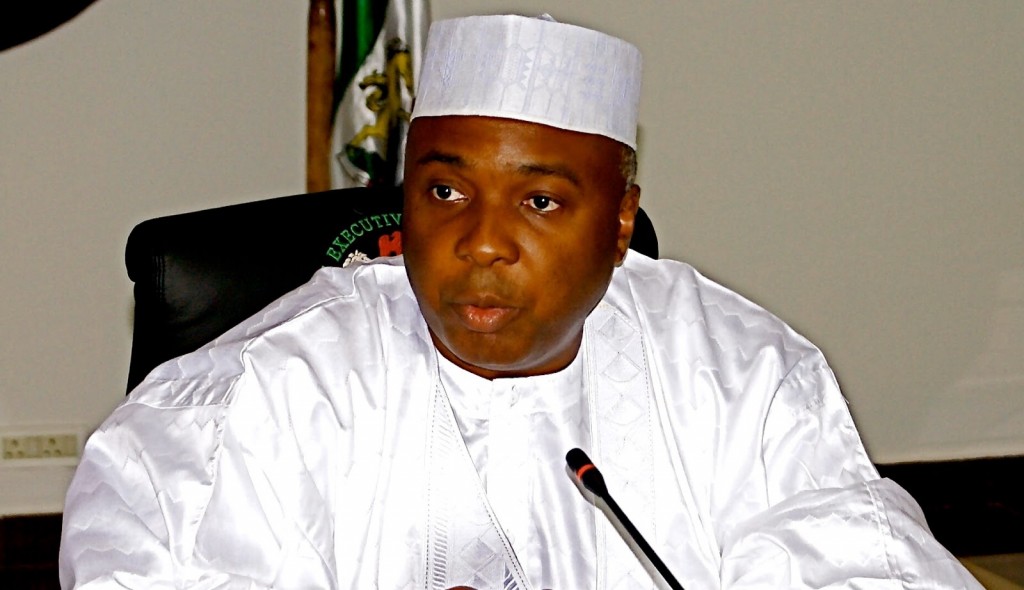Reno Omokri: Nigeria Borrowed $1.5 Billion Monthly to Fund Naira Subsidy Before Tinubu’s Reforms
Abuja, Nigeria – Former presidential aide Reno Omokri has alleged that prior to the economic reforms initiated by President Bola Tinubu, Nigeria was spending a substantial $1.5 billion monthly to artificially support the value of the Naira, a sum he claims was sourced through borrowing.
Speaking on the Channels Television programme “Inside Sources” aired on Sunday, Omokri characterized this expenditure as a significant “waste” that diverted crucial funds away from vital sectors such as healthcare, education, and infrastructure.
“The Federal Government of Nigeria was spending $1.5 billion every month to subsidise the naira,” Omokri stated during the programme. “Please assume I’m a liar and go and fact-check me—$1.5 billion every month subsidising the naira. And this was not money that we had. This was money that we were borrowing.”
He further contended that the subsidy policy inadvertently promoted excessive importation and consumption of luxury goods rather than fostering local productivity or sustainable economic growth. To illustrate this point, Omokri cited specific examples: “We were spending $200 million annually on importing human hair for our women to wear. We were spending $75 million on French champagne and £25 million on Scotch whisky.”
Addressing the current economic hardship experienced by Nigerians since the implementation of Tinubu’s reforms, Omokri acknowledged the pain but described it as a “necessary sacrifice.” He explained, “There is still a lot of suffering in the land. Nigeria is not a rich country… Your father is not rich. Nigeria is an oil-poor country.”
Omokri also expressed support for the decision to float the Naira, insisting that the move has begun to yield positive structural gains for the economy. He argued that making imports more expensive compels Nigerians to patronise locally produced goods, drawing a parallel: “The reason why we now have a trade surplus is that President Bola Tinubu has done what worked in Vietnam. He has floated the naira and made imports so expensive that Nigerians have no other choice but to buy made in Nigeria.”




